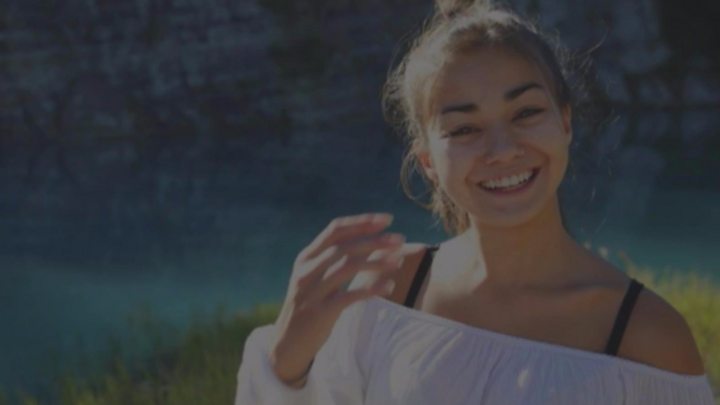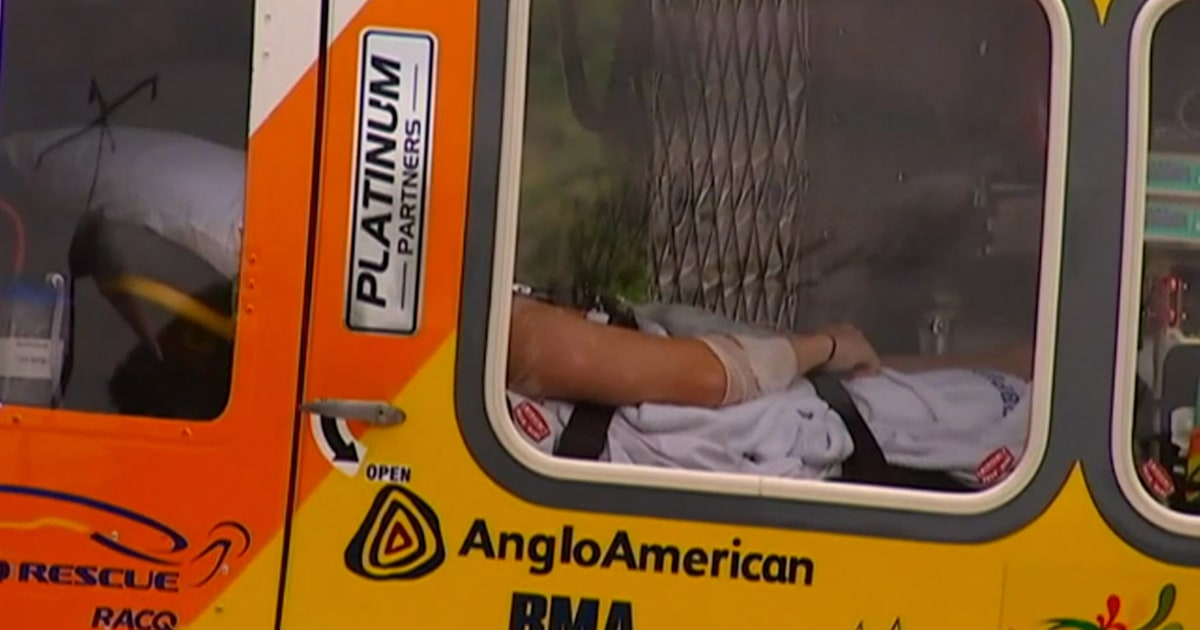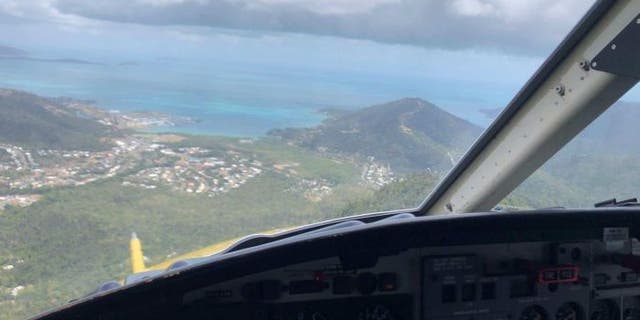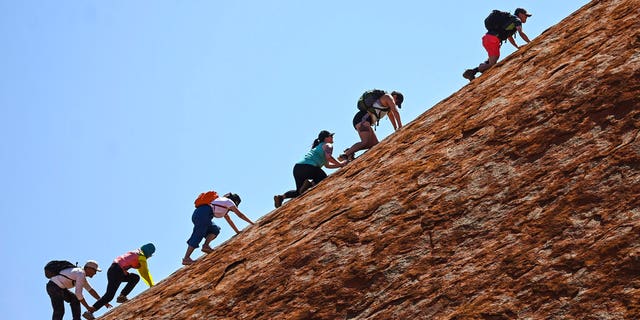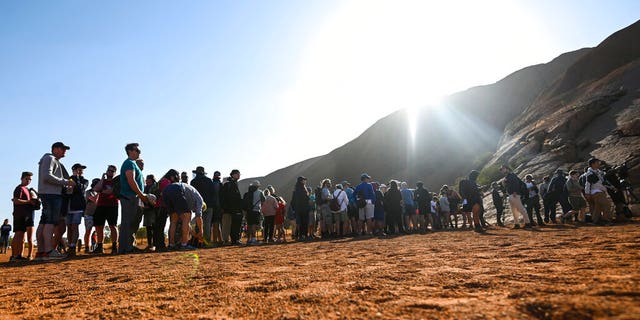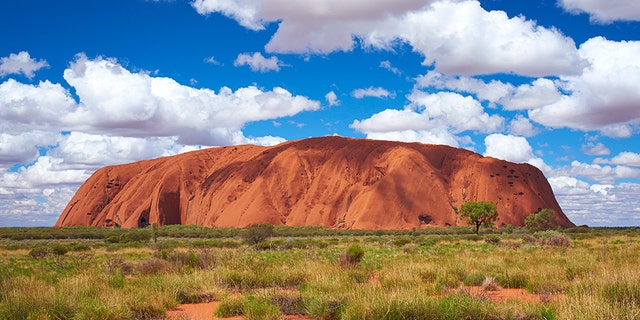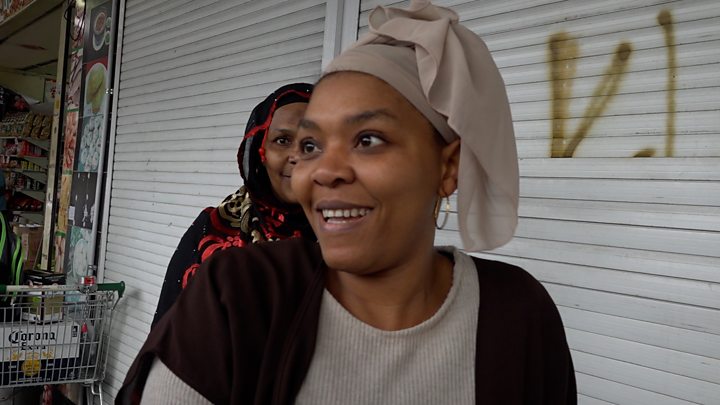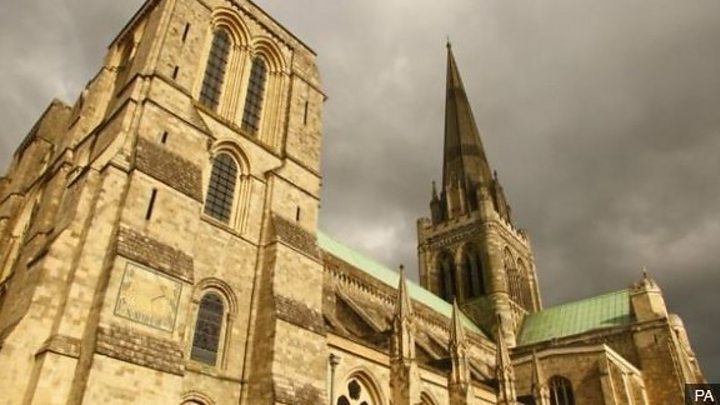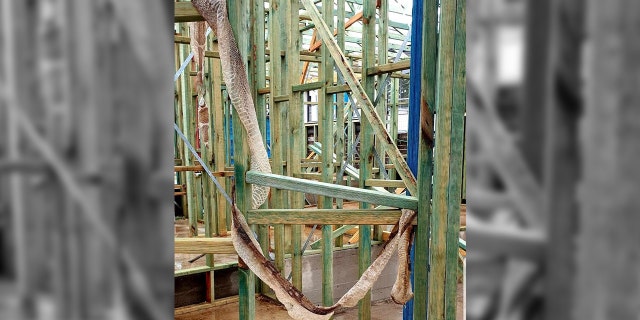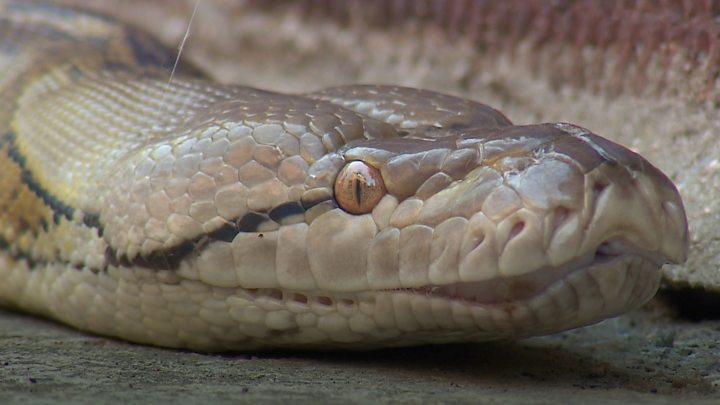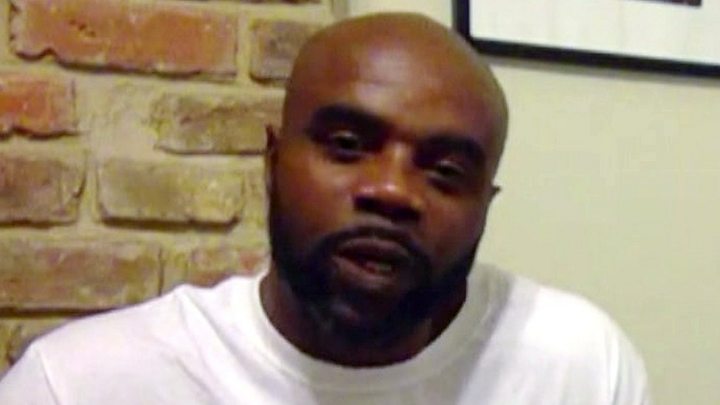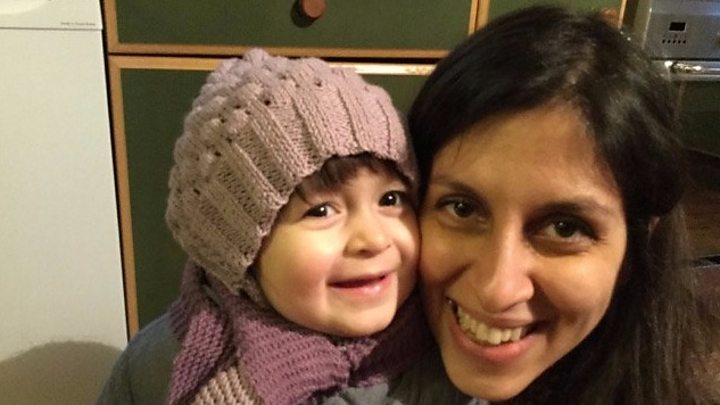SYDNEY — Australian tax authorities know where to find their man — living in a gilded quasi-exile in Hong Kong.
They also know what they want. That would be back taxes of 140 million Australian dollars, or about $100 million.
Yet there’s more than just a mega-tax bill at the center of the case into Huang Xiangmo, a Chinese-born tycoon with a penchant for living large and spending big in political circles — including once dropping off a political donation worth about $70,000 in a supermarket shopping bag.
The investigation is widely seen as a potential deep dive into pro-Beijing networks and influence-peddling in Australia, which is struggling to balance its trade dependency with China and its older military and intelligence-sharing ties with the United States.
It also illustrates an awkward consequence of the explosion of Chinese capital around the world. Western countries have embraced the wealthy foreign investors from China but are discovering that many remain loyal to the Chinese Communist Party and its political agenda.
Beijing’s influence is becoming a particularly acute concern in Australia, which has a large Chinese population and whose mineral and natural gas companies have major export markets in China.
For the past two years, the suspected influence by Beijing has been an almost constant source of political and media debate — including intimidation tactics by pro-Beijing students from China on campuses, and politicians from all sides who may have been links to Chinese investment interests.
[Trump sought help with Mueller probe. He saw a friend in Australia’s Morrison.]
“Trying to collect 140 million [Australian dollars] is an exercise that’s well and good,” said David Chaikin, a former head of law enforcement and security in the international division of Australia’s attorney general’s department. “But the national security is worth more than 140 million.”
A court has frozen Huang’s remaining Australian assets, and his Australian visa has been canceled. Huang, also known as Changran Huang, now appears to live in Hong Kong, where he owns a $66 million apartment, according to court documents.
Having made a fortune in property development in the Chaoshan area of southern China, Huang moved to Australia in 2013 and invested in shopping malls, apartment buildings and offices.
He bought a beautiful house in one of Sydney’s most affluent suburbs, became a benefactor to prominent charities and educational institutions, and was appointed leader of several groups close to China’s United Front Work Department, a group with close ties to Beijing’s leaders that seeks to muzzle any opposition to the one-party state and its policies, said Alex Joske, an analyst at the Australian Strategic Policy Institute.
Huang’s wealth and generous political donations made him a popular guest at fundraisers with senior politicians, including Malcolm Turnbull, the prime minister from 2015 to 2018, Julie Bishop, the foreign minister from 2013 to 2018, and Bill Shorten, the former leader of the opposition Labor Party. Shorten attended Huang’s daughter’s wedding in Sydney three years ago.
Huang’s high profile and access to powerful people attracted the interest of the intelligence services, too.
In 2016, a Labor Party politician, Sam Dastyari, warned Huang that his phone was likely being monitored by government agencies, a warning that ended Dastyari’s political career when the call was revealed by the Sydney Morning Herald a year later.
Huang’s involvement with pro-Beijing organizations and contact with senior politicians has fed speculation that he was pushing policies favored by the Chinese government.
Even Turnbull, when he was prime minister, suggested that Huang’s donations had led Dastyari to side with China in its international disputes over the South China Sea, where China’s claims of full sovereignty are strongly opposed by the United States and its allies.
Huang could not be reached for comment. His lawyer, wife and son did not respond to email requests seeking comment.
[How a conservative Australian town rallied for family facing deportation]
In 2015, Huang personally delivered 100,000 Australian dollars — worth about $70,000 and held together with rubber bands — to the Labor Party head office in the state of New South Wales.
Political contributions by property developers are banned in the state. When a legal inquiry in Sydney last month revealed the donation, the party’s top administrative official was forced to resign.
Huang refused to give evidence in the inquiry, and a donation-disclosure filing asserted that the money came from 10 employees at a Sydney Chinese restaurant where he had dined with Shorten and other Labor politicians.
When investigators ordered one of Huang’s executives, Leo Liao, to answer questions in person about the money, he committed suicide. In a note to his wife and daughter, Liao said the summons triggered memories of his father being interrogated in China.
“Eventually he ended in jail,” he wrote. “It was petrifying.”
Australian officials are apparently collecting information about Huang’s wider network in Australia.
Ross Babbage, a former head of strategic analysis at the Office of National Assessments, an Australian intelligence agency, said that “there may be an interest in official circles in using such a prosecution to uncloak some of the realities” of the Chinese Communist Party reach in Australia.
Reports submitted by tax officials to the court said that Huang had declared less than $35,000 in assets outside Australia and claimed earnings of about $1 million from 2012 to 2015. The tax office claims he generated about $120 million in income over the same period.
Huang’s lawyer has denied in court that his client owes the money.
The government canceled Huang’s visa the day after he left for China in December 2018. Huang’s wife, Jiefang, left Australia on Sept. 11, the day she and her husband were hit with the tax bill, according to government records.
Five days later a federal court froze the Huangs’ assets in Australia up to the value of $100 million, even though the judge, Anna Katzmann, said that it was unclear whether there was that much money left and that the debt couldn’t be enforced in Hong Kong.
“The amount of the tax liability is considerable and there is a real danger that, without the freezing orders, assets will be removed from Australia or otherwise dissipated,” Katzmann wrote in the judgment.
Huang has severed ties with his Australian business, Yuhu Group, which has extensive real estate assets and is run by his son, Jimmy. Yuhu officials did not respond to a request for comment.
Read more
China’s influence on campus chills free speech in Australia, New Zealand
Threat from China recalls that of Nazi Germany, Australian lawmaker says
China accuses Australian writer Yang Hengjun of espionage
Today’s coverage from Post correspondents around the world
Like Washington Post World on Facebook and stay updated on foreign news
Let's block ads! (Why?)
https://www.washingtonpost.com/world/asia_pacific/this-chinese-mogul-made-powerful-friends-in-australia-now-hes-a-case-study-on-worries-over-beijings-influence/2019/10/05/c5f7f1e6-dea9-11e9-be7f-4cc85017c36f_story.html
2019-10-07 09:00:00Z
CAIiEFQqK0ZpA-tH8h3aGHN1r9gqGAgEKg8IACoHCAowjtSUCjC30XQwn6G5AQ
